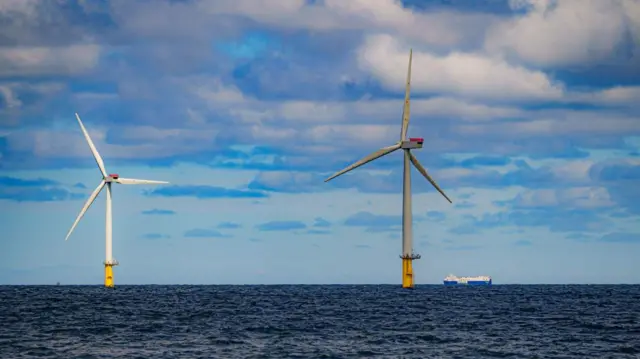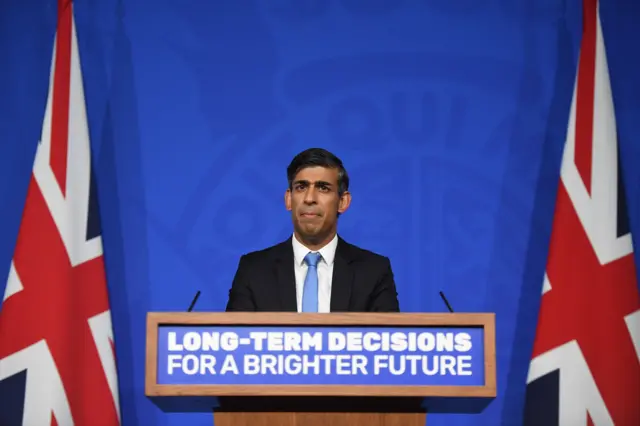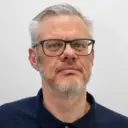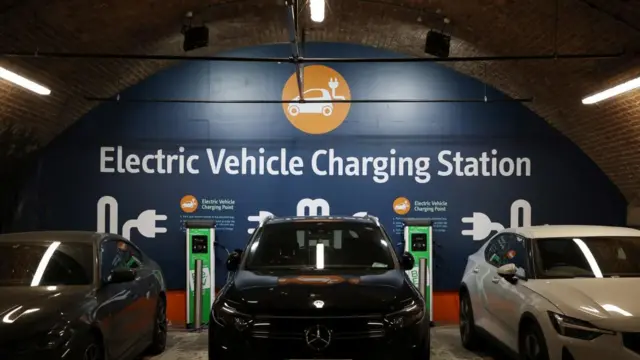Net zero target only 'on paper' - Greens co-leaderpublished at 07:09 BST 21 September 2023
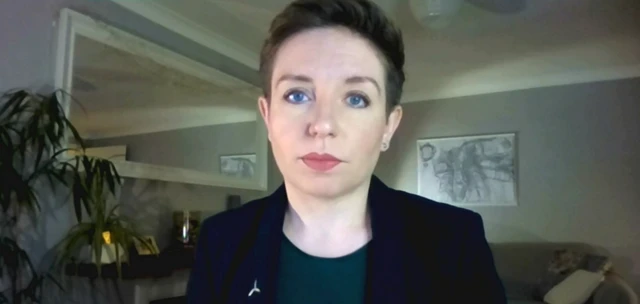
Speaking to BBC Breakfast, Carla Denyer says the government’s commitment to the 2050 net zero target only remains on “on paper” as "Sunak seems to be doing everything he can to slow progress to getting there".
When questioned about the PM's claim that this will keep costs down for consumers in the short-term, the Green Party co-leader called it a "dishonest way of framing the situation".
She accused the Conservatives of putting the cost burden of climate change on consumers instead of on the businesses responsible for high emissions.
She also criticised scrapping efforts to to get landlords to better insulate their homes.
We’ve already got some of the worst efficient homes in Europe, Denyer said.
